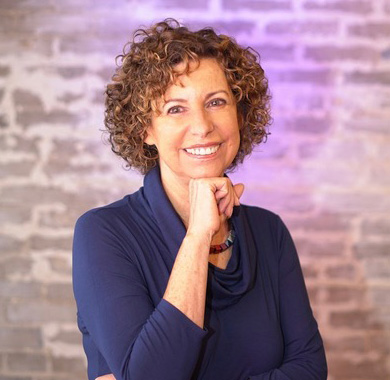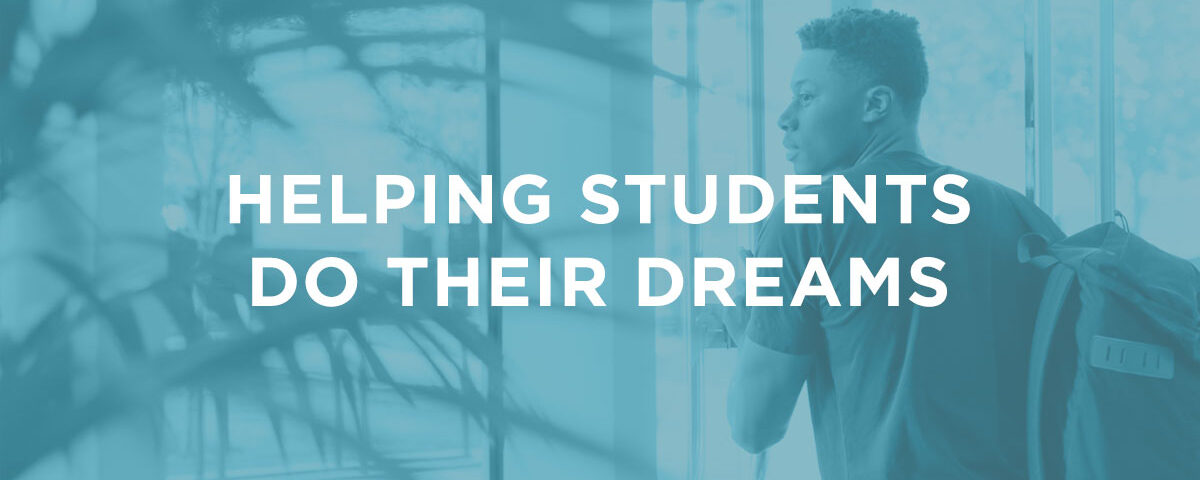Helping Students Do Their Dreams
We are pleased to share with you the writing of our fall conference Event Moderator, and Professor Emerita of Hofstra University, Jacqueline Grennon Brooks. This piece, Helping Students Do Their Dreams, was written for Teachers College Press Blog upon the publication of Schools Reimagined. Jacqueline believes that constructivist teaching that guides students in learning what they need to know to fulfill their dreams is how we begin to create schools founded on equity. We believe you’ll enjoy a little bit of pre-conference inspiration around our theme of Constructivist Teaching IS Social Justice. Enjoy reading—we can’t wait to see you on October 23 and 24, 2021!
 I practice yin yoga to strengthen my connective tissue, use breathing to relax my muscles, and try to work with my head positioned over my spine. But I still get headaches, even with all of these stress reduction moves to keep my body aligned and my mind focused. A couple of times per year I go to Dr. S who manually mobilizes my neck muscles with a technique most often used with high level athletes, a group for which I definitely do not qualify. Most of his other patients are going for the gold. I am trying to relieve my headache. It works. While Dr. S manipulates the soft tissues of my neck, a somewhat painful process, he asks questions to distract me from the pain. At our last session he asked what I thought about virtual learning, which launched a conversation about student engagement and how people learn.
I practice yin yoga to strengthen my connective tissue, use breathing to relax my muscles, and try to work with my head positioned over my spine. But I still get headaches, even with all of these stress reduction moves to keep my body aligned and my mind focused. A couple of times per year I go to Dr. S who manually mobilizes my neck muscles with a technique most often used with high level athletes, a group for which I definitely do not qualify. Most of his other patients are going for the gold. I am trying to relieve my headache. It works. While Dr. S manipulates the soft tissues of my neck, a somewhat painful process, he asks questions to distract me from the pain. At our last session he asked what I thought about virtual learning, which launched a conversation about student engagement and how people learn.
I talked about learning as a process greatly influenced by interest, and then Dr. S steered the conversation to his relationship with the dreaded Krebs cycle. He said that he learned it 6 times and forgot it 7 times. He shared with me that he doesn’t and never did care about it. But his success in helping athletes optimize their athletic performance told me something different.
The Krebs cycle explains how food gets broken down chemically in the body to release energy that fuels the body’s activities. I knew that Dr. S helps athletes optimize their Krebs cycles (without using the term) by analyzing the nutrient ratios in their diets. He helps them understand what happens in their bodies after a lunch of hamburgers, fries, and soda or a dinner of salmon with pumpkin seeds and kombucha tea. But, to him, the Krebs cycle is the long sequence of detailed chemical reactions occurring inside the mitochondria, inside the nucleus, inside the cells, inside the tissues, inside the organs, inside aerobic organisms. It’s a diagram in a book, a long way from his world of sports training. This well-respected professional who supports a long list of competitive athletes didn’t have teachers who helped him see a contextual whole of the Krebs cycle before introducing its parts. The Krebs cycle is an essential explanatory model of why Dr. S’s practices work, but, for him, it remains somebody else’s diagram in a book he no longer owns.
We need to reimagine schools. Schools that offer standardized curriculum with standardized practices don’t always nurture students’ passions. Maybe more accurately, they rarely do. Dr. S was flummoxed when I advocated that schools develop students’ passions and help them pursue their dreams. “Are you saying that schools shouldn’t be standardized?” I had a quick “yes.” Some students, like Dr. S, find personal, career, and lifestyle success from standardized schooling. They can dismiss the Krebs cycle as arcane and still continue in the academic strand of their choice. They have privilege of all sorts on their side. Some students from marginalized communities with economic hardships also build success after standardized schooling. They develop resiliency without privilege. But too many don’t. Way too many. Everyone has a dream. Everyone deserves the chance to work at enacting it.
Reimagined schools guide students in aligning their dreams and behaviors. They scaffold student inquiries across a full range of self-selected topics (racial justice, climate change, agribusiness, photography, polar bears, motorcycles, for example) to foster greater capacities across a full range of thinking (seeing patterns, analyzing cause and effect, recognizing proportionality, understandings systems, a few of many.) These schools require teachers who lead with open minds and open hearts and who continually refine their understandings of the science of learning. Schools Reimagined illustrates teachers doing just that. It describes how teachers use their emerging understandings of how students construct knowledge to transform their classrooms so that students can build their lives.
Let’s end with the last line from part I of Mary Oliver’s poem, Evidence: “Keep some room in your heart for the unimaginable.” Some people think that schools that help student do their dreams is unimaginable. It is not. We can do this.
About ACT
The Association of Constructivist Teachers (ACT) aims to grow the use of constructivist practice for all students and educators, pre-kindergarten through university. We invite you to join us as we construct a new understanding of equity in education at our Annual Virtual Fall Conference: Constructivist Teaching is Social Justice Teaching held online from October 23-24, 2021. Continuing education credits and scholarships available. Reserve your spot now!

